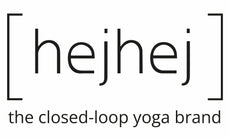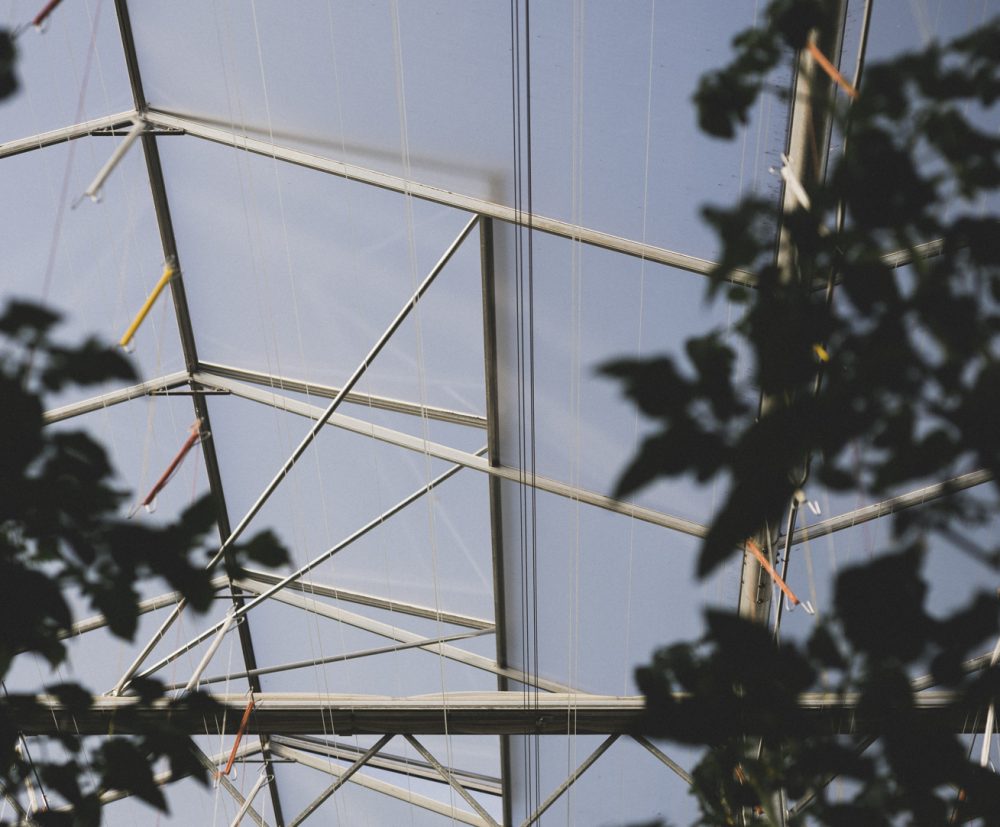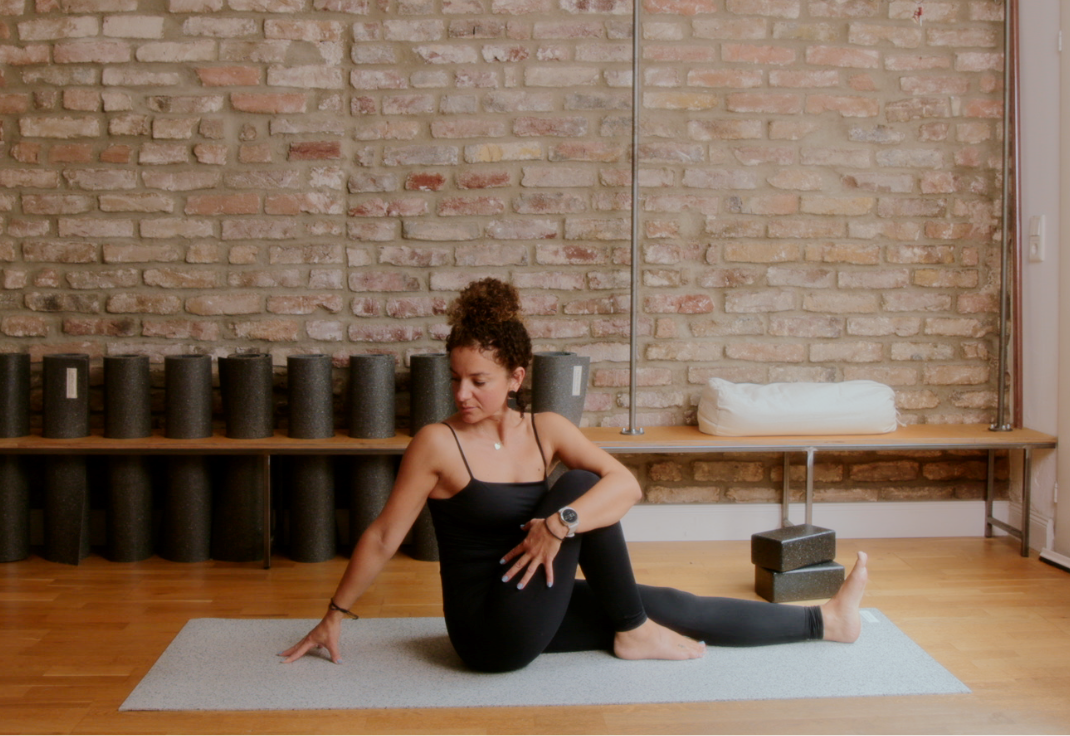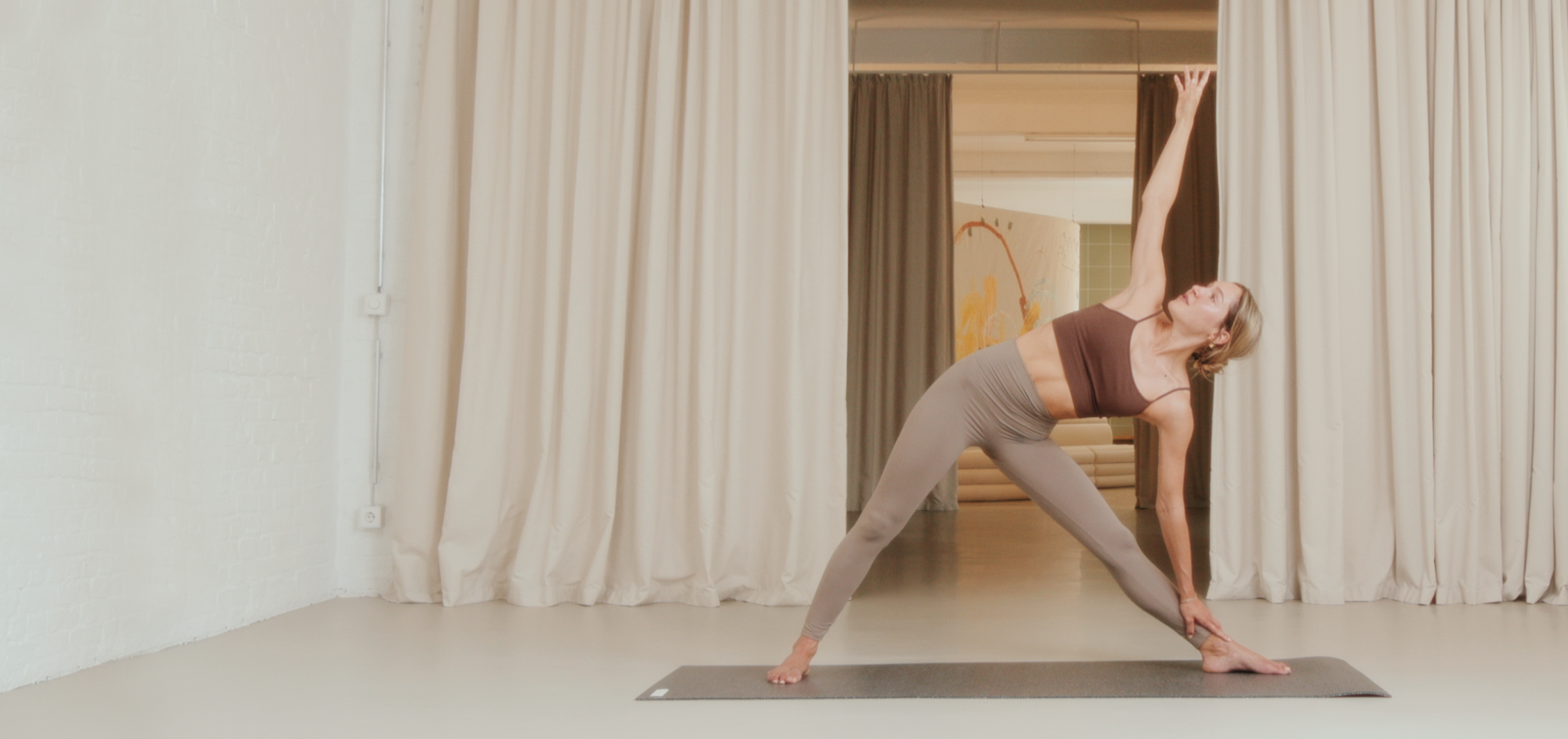Some time ago, we had the opportunity to talk to the 7th grade of a Montessori school about sustainability and introduce hejhej-mats. This day gave us incredibly valuable new food for thought because we were able to see the world of sustainability and yoga for a few moments from a child’s perspective.
On the one hand, we found that sustainability is taken for granted for many of the children. That made us hopeful. Others also found sustainability to be exhausting.
That made us flinch briefly because sustainability is so deeply rooted in the bubble in which we move that we absolutely don’t find it exhausting. Nevertheless, we considered, why could it be perceived as exhausting?
Sustainability is often associated with refraining from something. The opposite of refraining is consumption and consumption is known to create at least short-term moments of happiness.
First and foremost, we naturally advocate a general containment of our consumer behavior, but secondly, we also have a solution for the less “strenuous” way: the circular economy. This is not only associated with personal moments of happiness, but also with moments of happiness for our planet.
What exactly is the circular economy?
The circular economy is a principle of manufacturing products in which the resources cycle in endless loops. This means that for the production of a product, you take as little new resources as possible from the planet and manufacture the product so that it can be recycled again and does not end up as waste During recycling, the entire product should then be reused in such a way that it supplies the raw materials for a new product or is completely biodegraded.

The circular economy as a solution
Circular products can, therefore, make consumption more sustainable and form a solution for our future. Anyone who has followed us knows that the foundation of hejhej-mats is the circular economy. But there are other circular economy examples from the world of yoga: Annett Borg, the founder of the yoga label Besonnen, is also committed to the circular economy – “… to not only prolong the life of leggings but also of our environment.”
But why do we actually need a solution for the end of a product’s life? “Worldwide, only 1% of all clothing is returned to the textile cycle – in Germany alone, that’s 1.7 million textiles that are simply thrown away.”That was just one of the reasons for Annett to choose a circular model. Unfortunately, the situation is similar with yoga mats. Hardly anyone has ever thought about the origin and recycling of a yoga mat. Often these are among the 8 million tons of plastic waste that end up in our oceans every year. Although even the children from the 7th grade could easily explain the difference between one-way and reusable and know how important it is to recycle.
So why haven’t we been applying this circular principle to other parts of our lives for a long time? It seems to be arriving in the yoga industry.
Circular economy examples from the world of yoga
Mindfulness and yoga go hand in hand. It is therefore coherent to first introduce an innovative, environmentally friendly production method to the yogis. Because they often live the principle of mindfulness and non-violence beyond their yoga classes. This means that they are interested in the fact that their buying behavior does not harm anyone.
What yoga and the circular economy also have in common is the way we look at our environment. Both approaches see our earth as one. Every part, every organism is connected to each other and forms part of the whole. This means that we cannot enrich ourselves immeasurably on earth without harming ourselves.
1. example: wellicious
Heike from the yoga brand wellicious also sees it this way: "We are passionate about protecting our planet so that our children and future generations can enjoy life just like we do!" wellicious produces yoga clothing that is certified according to the Cradle to Cradle guidelines (Gold Overall and Platinum in Material Health). They say about themselves: "We are here to accompany active women on their personal journey and help them make positive consumer choices; to share our belief that it is possible to look good and protect nature at the same time."

2. example: mymarini
One of our favourite swimwear brands has long been Mymarini. We absolutely love their classic cuts and focus on sustainability. So we were delighted when they recently launched their yoga / active wear collection! You can wear this collection for your surf trip, your yoga session or any other sport. The products are made from Econyl, which is regenerated nylon and is made from nylon waste such as fishing nets, carpets and industrial plastics. Mymarini also has a take-back pilot project and takes all its products back for recycling after use!

3. example: besonnen
Annett from the fashion label besonnen sees it the same way: “We are all part of the circular economy – from sustainable fashion labels, producers, suppliers to consumers – everyone contributes to the functioning of circularity.” Unfortunately, we have heard that besonnen is currently having a sale on their products and will unfortunately be closing their business. Maybe you can still find yoga clothes second hand from them.

The Circular Economy as an example for teamwork
Depending on how advanced a yogi is on the path of yoga, he or she has already started to take responsibility for himself. In the next step, you also take responsibility for what is happening around you. In this way, yoga practitioners automatically become responsible consumers. “The consumer has an important role in initiating the next circular step by sending the used products back to us.” The circular economy, therefore, takes responsibility for many groups: First of all, the suppliers who have to think raw materials innovatively. Most importantly, as a company, we are responsible for ensuring that the products that are brought onto the market also come to a sensible end. However, this can only be guaranteed if consumers return the products to the cycle, i.e. return them to us.
Isn’t it nice to see that here too the circular idea takes a holistic view of all interest groups and that responsibility does not only apply to one group, for example to consumers? It works more like teamwork.
In contrast to conventional consumption, the principle of the circular economy also shines with another, unexpected moment of happiness towards the end: Because those who return their product to the cycle often get an incentive from the company side. At hejhej-mats, shipping back to us is free and there is even a 15% discount on the next closed-loop hejhej product. Get to know more about the closed-loop concept of hejhej-mats.
We actually have to go back to 7th grade now and ask the children if they still find it exhausting. We are pretty sure that they understand the whole principle at least as well as the yogis.
Oh, and what do the students say about yoga? Girls and boys thought it was cool or stupid! A step of equality with which you are slightly ahead of our generation, but that’s another topic …
If you want to find out more about the topic of the circular economy, we recommend that you look at the following TED TALK or at the Ellen Mac Arthur Glenn Foundation drop by.





